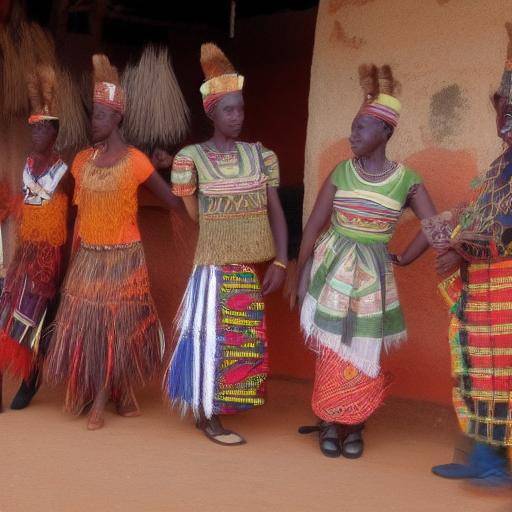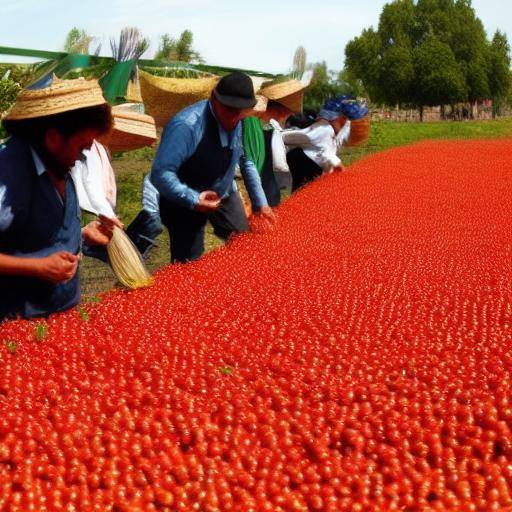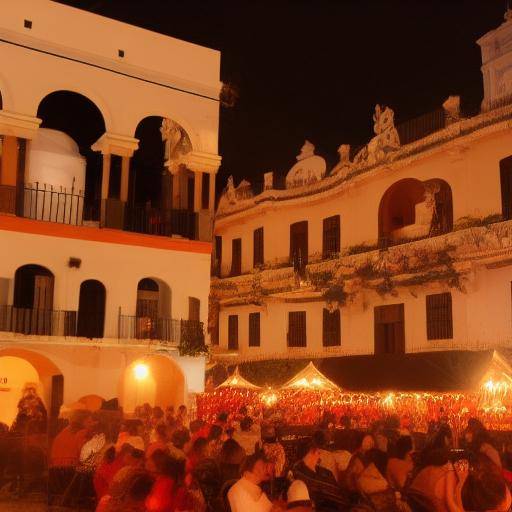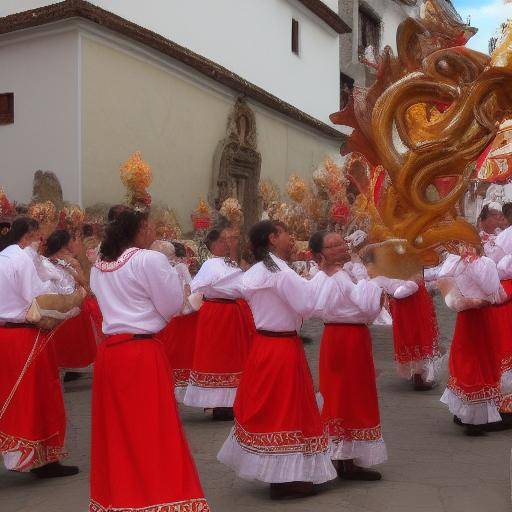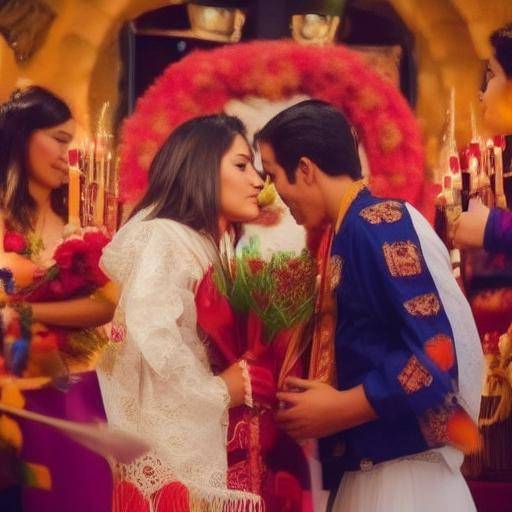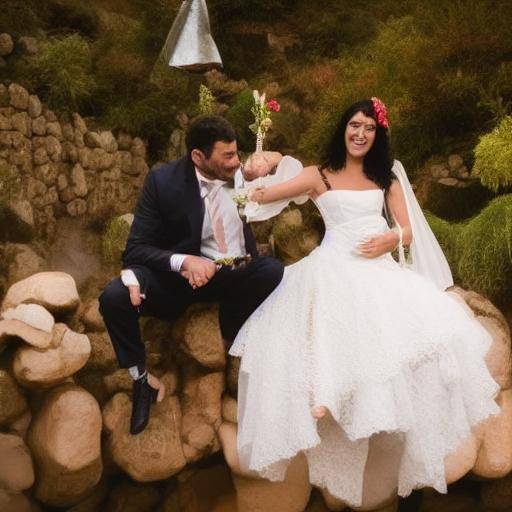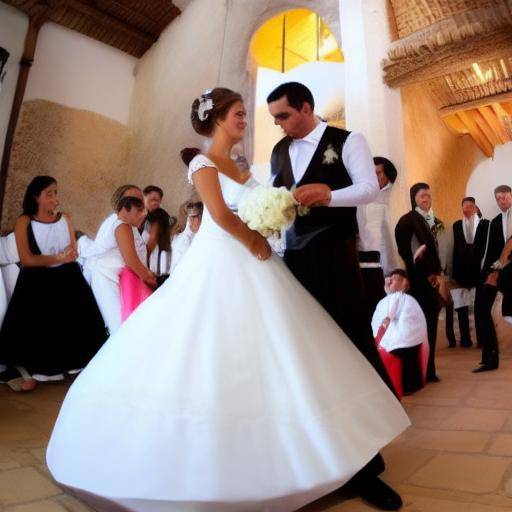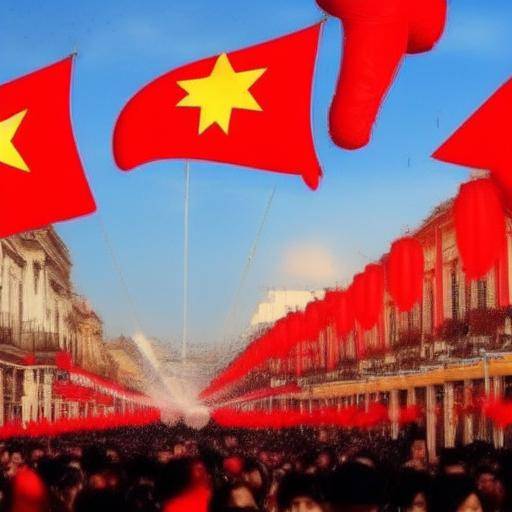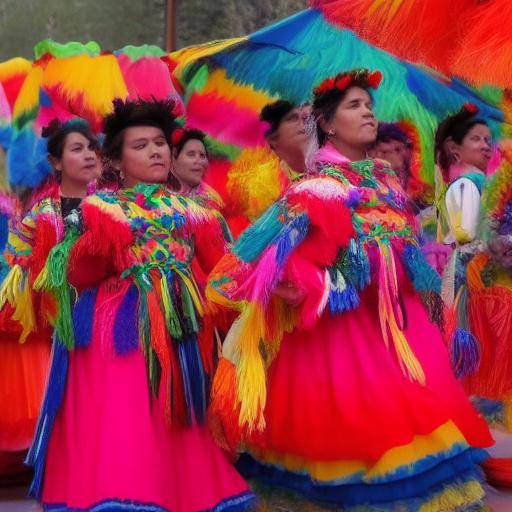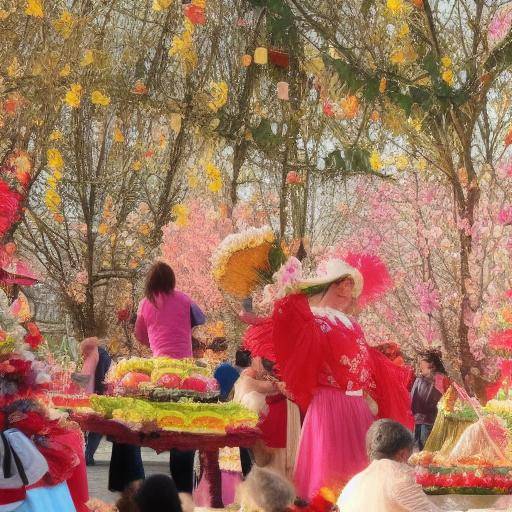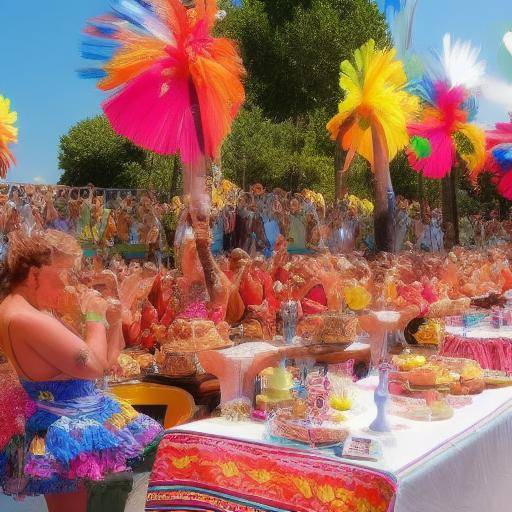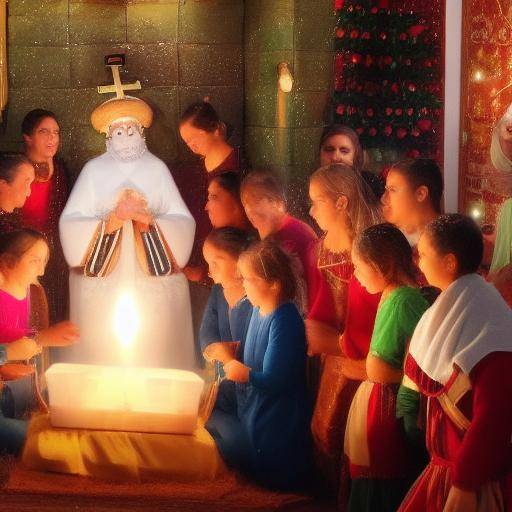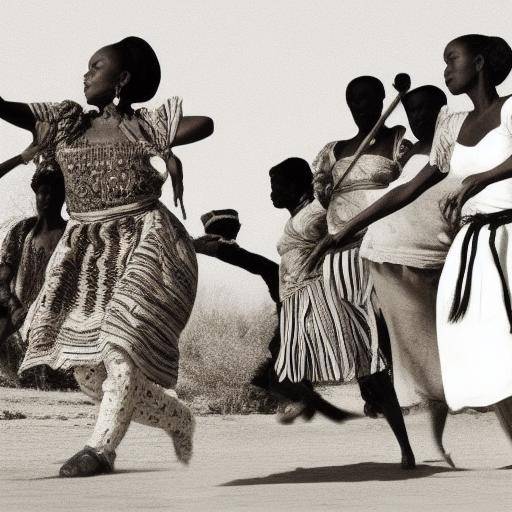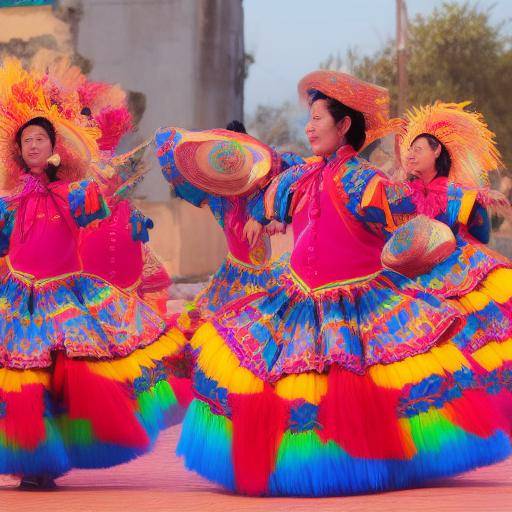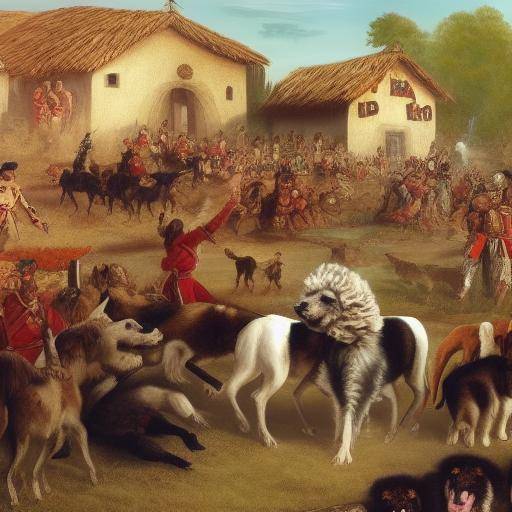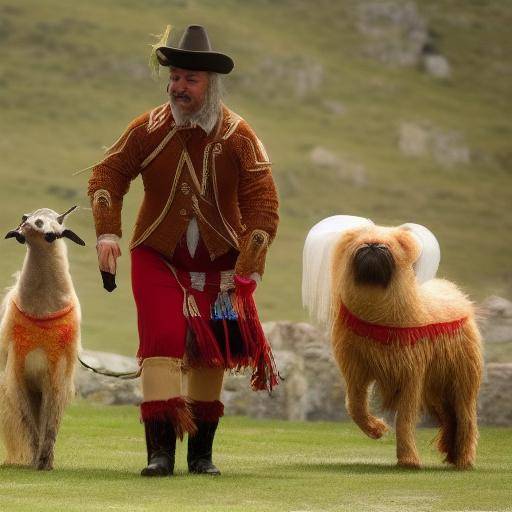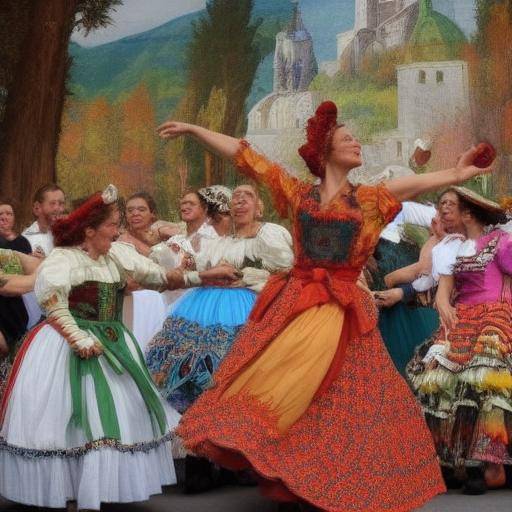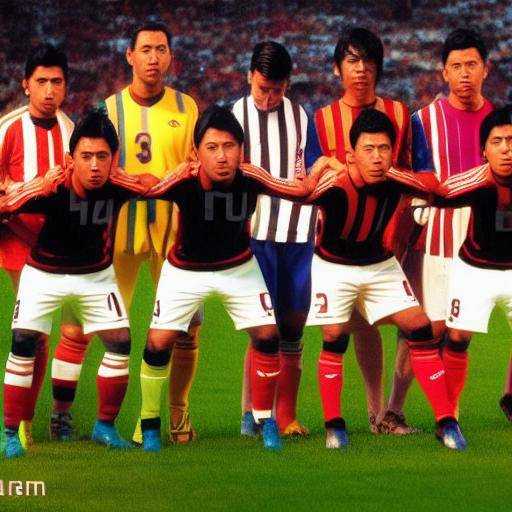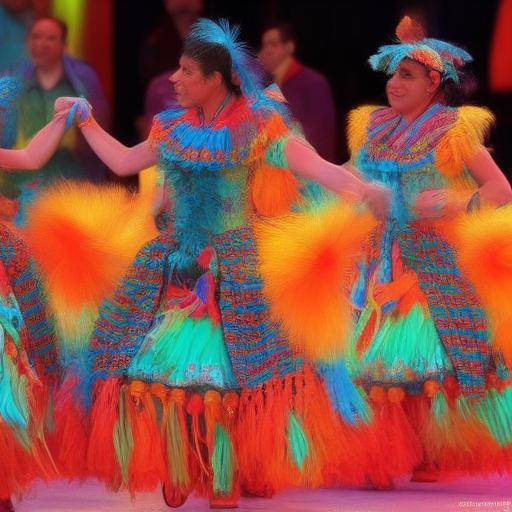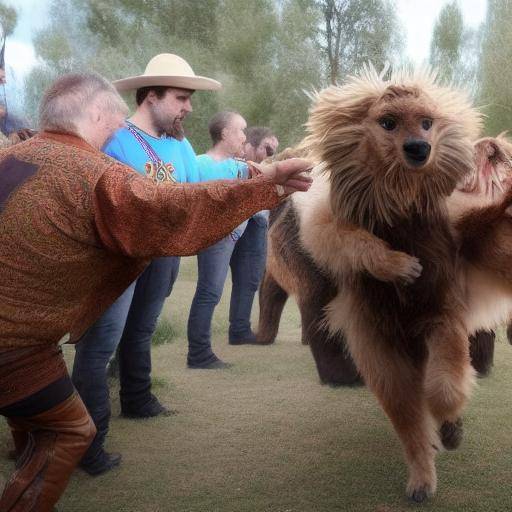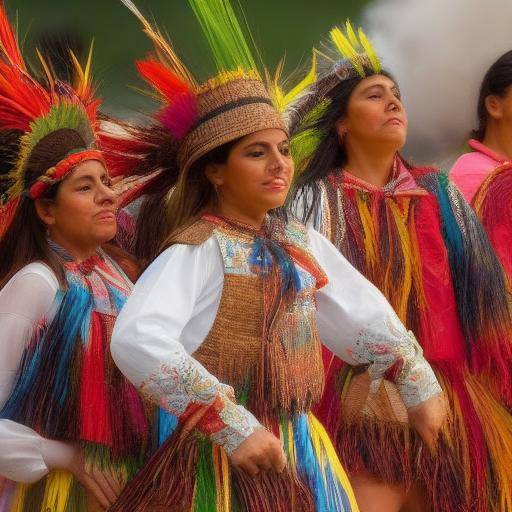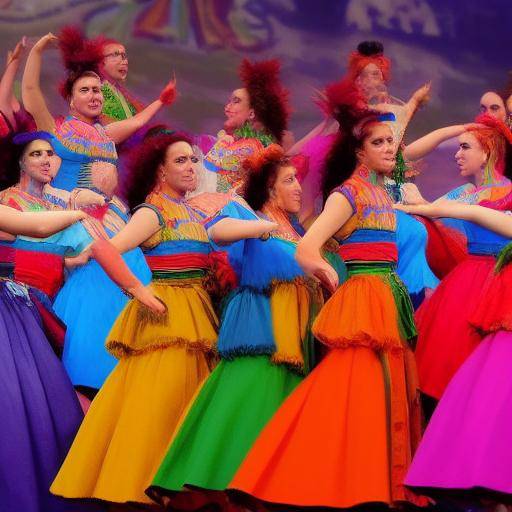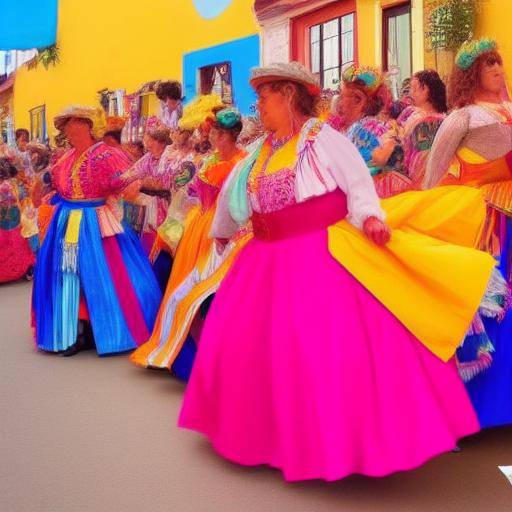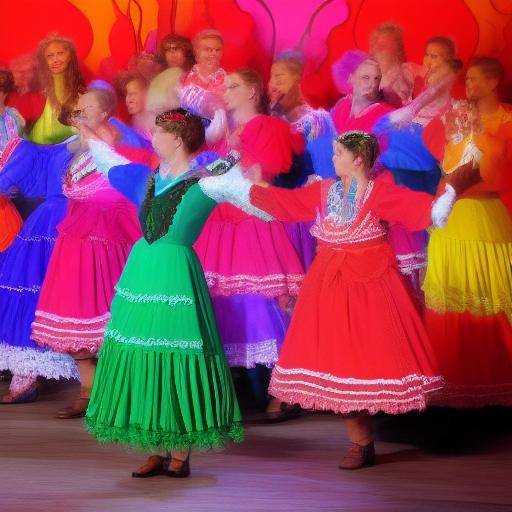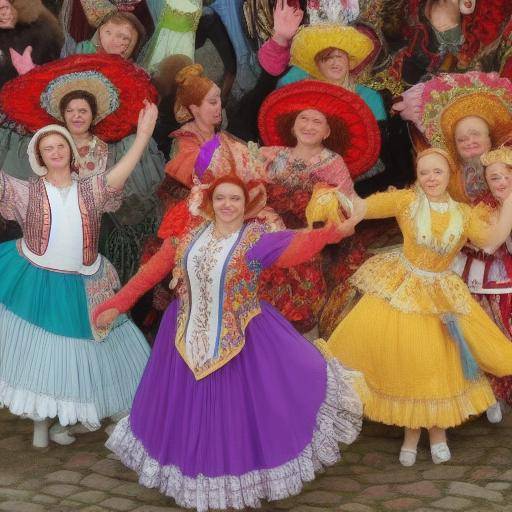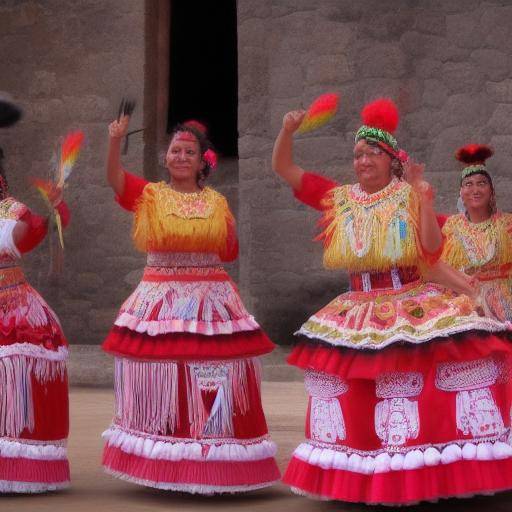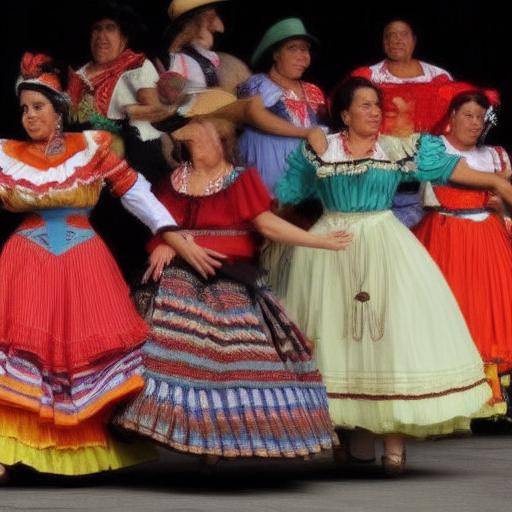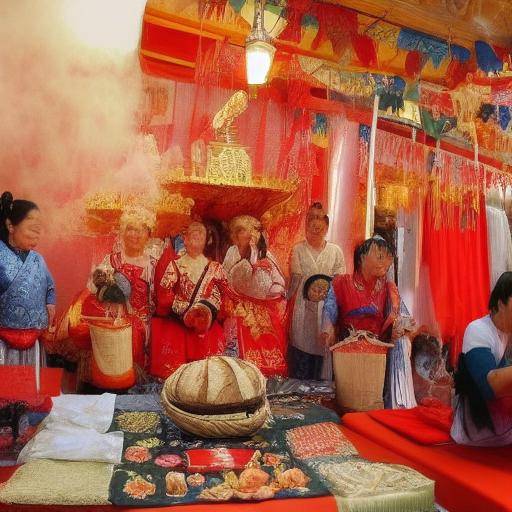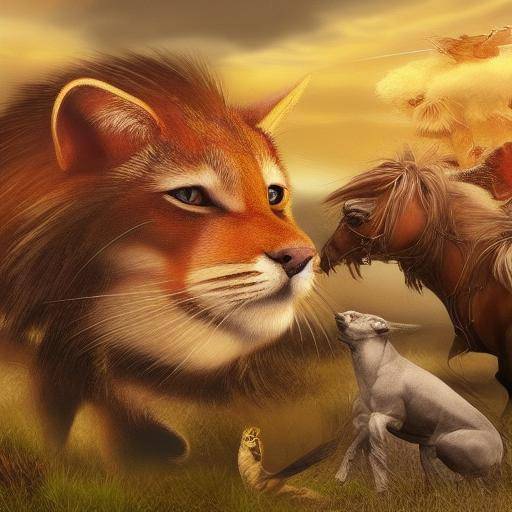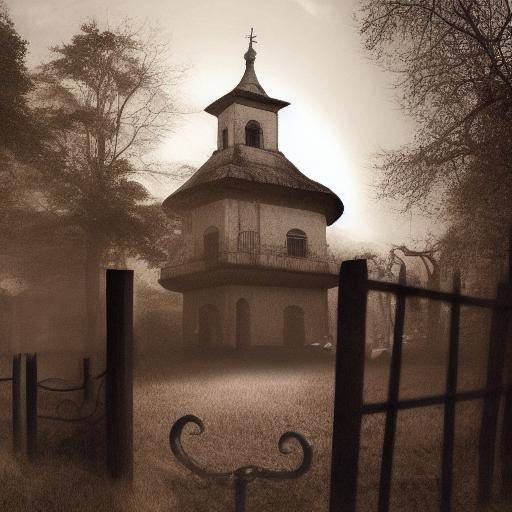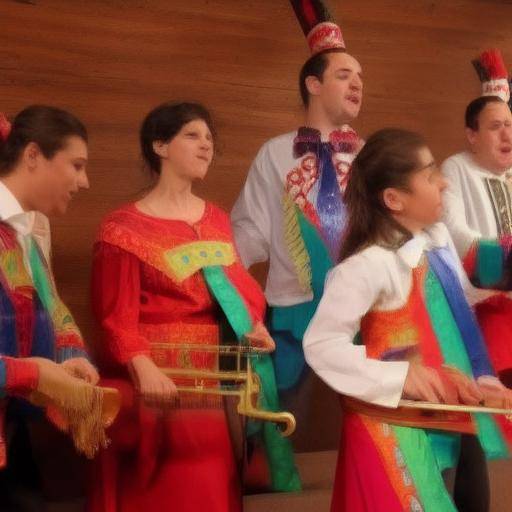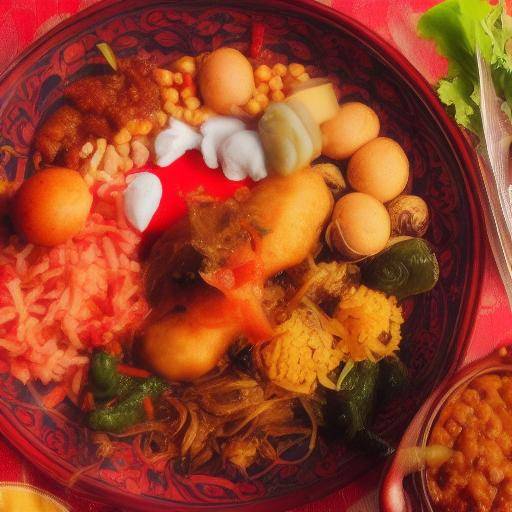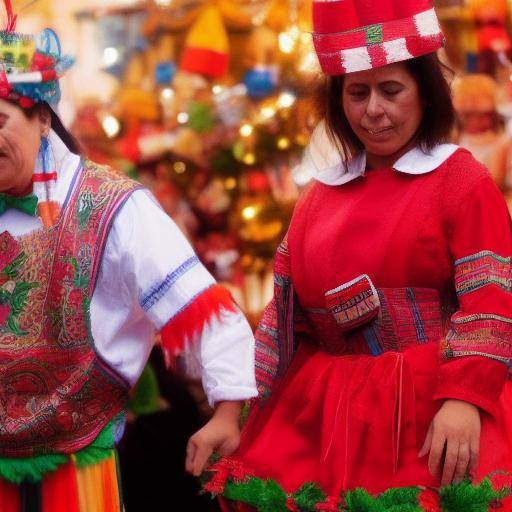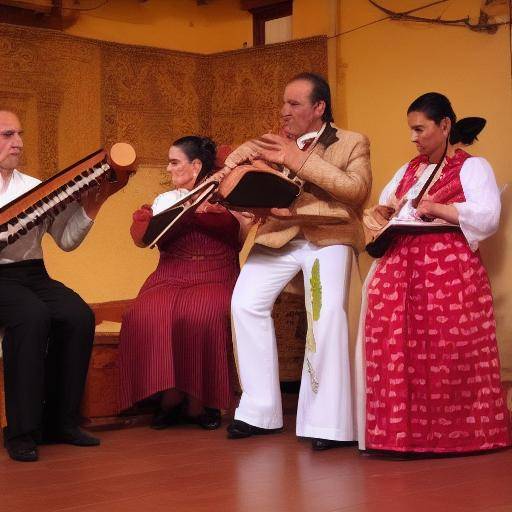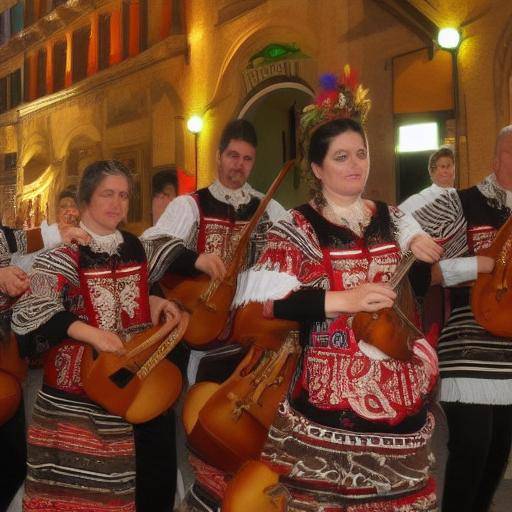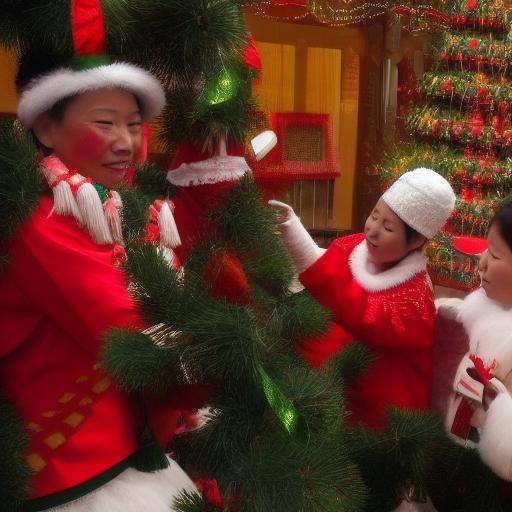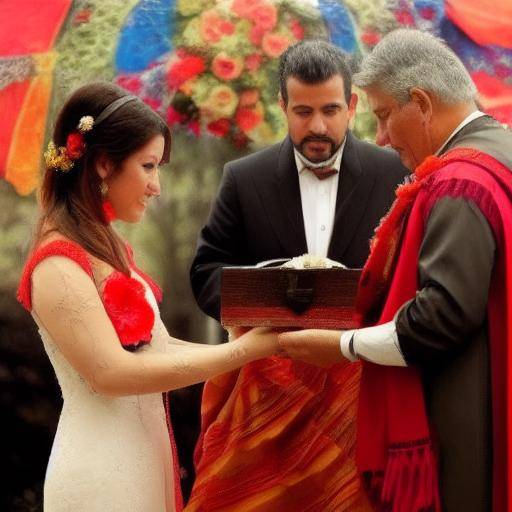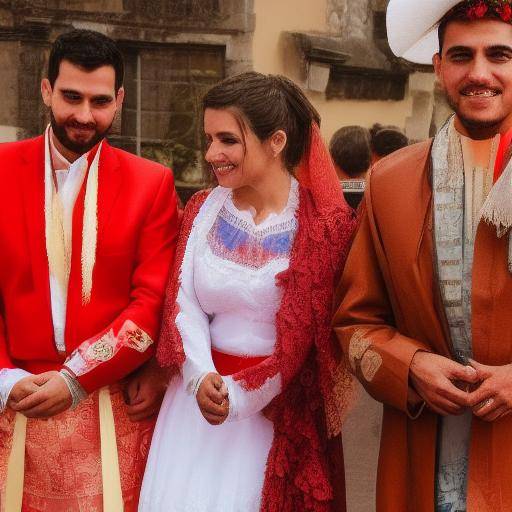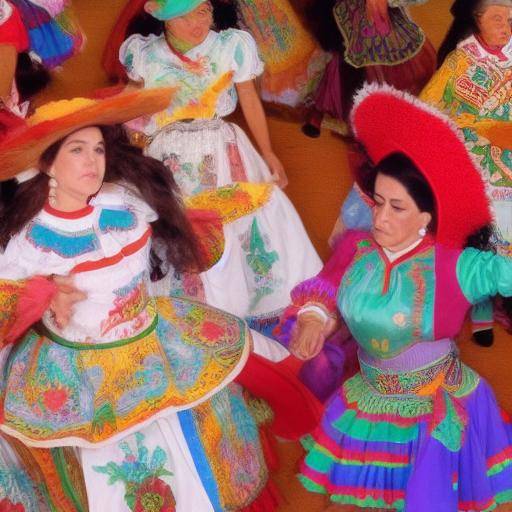
Latin American folklore is a rich amalgam of traditions, beliefs, music, dances, myths and legends that have permeated the customs of the region in a profound and meaningful way. This article seeks to explore the impact of folklore on Latin American customs, as well as the rooted traditions that have endured over time, providing an integral understanding of its cultural and historical importance.
Introduction
Latin American folklore encompasses the identity of a continent, reflecting the ethnic, historical and cultural diversity that characterizes it. Its roots go back to the pre-Columbian era, merged with the European and African influences that came with colonization. This fusion led to a vast tapestry of artistic and cultural expressions that have shaped the customs and traditions of the region, becoming a vital component of Latin American identity.
History and Background
Latin American folklore has its roots in pre-Columbian indigenous traditions, which range from religious ceremonies to everyday practices. The arrival of the European conquerors brought with it a fusion of cultures, where indigenous traditions intertwined with European customs and beliefs, giving rise to the cultural syncretism that pervades today.
Influence in Music and Dance
The influence of Latin American folklore on music and dance is undeniable. Afro-descendant rhythms, such as cumbia, son, salsa, and samba, as well as indigenous rhythms, such as Andean music, have transcended borders, becoming emblematic artistic expressions of the region. These cultural manifestations not only reflect ethnic diversity, but are also a means of preserving the history and traditions of each people.
Legends and myths
The legends and myths that make up Latin American folklore are a reflection of the worldview of their native peoples. From the stories of mythical gods and heroes to tales of fantastic creatures, these narratives have survived over the centuries, transmitting from generation to generation. Myths and legends not only entertain, but also transmit values, teachings and cosmovisions characteristic of each culture.
Analysis in Deep
The impact of folklore on Latin American customs extends beyond artistic expressions. Its influence becomes evident in festivities, gastronomy, clothing, architecture and even in everyday language. These cultural manifestations are a testimony to the legacy that has endured in time, giving identity to each community.
Festival and Celebrations
The popular holidays, marked by rituals and ancestral traditions, are a reflection of the roots of folklore in the daily lives of Latin Americans. From the Carnival of Rio de Janeiro, Brazil, to the celebration of Inti Raymi, in Peru, these festivals are a testimony to the cultural diversity and richness of Latin American folklore.
Food gastronomy and traditions
Latin American cuisine is the result of centuries of mixedness and cultural diversity, where folklore is manifested through the ingredients, traditional recipes and culinary rituals. Platillos like the Mexican mole, the Peruvian ceviche, the Argentine roast and the Colombian Sancocho are palpable examples of how folklore survives through the gastronomy.
Comprehensive review
Latin American folklore has been the bearer of countless traditions that have endured over time. From the feast of the Day of the Dead in Mexico to the dance of the Cueca in Chile, folklore has found a way to root in the customs and traditions of the region indelibly, enriching everyday life and giving it a unique color to the Latin American identity.
Influence in Literature and Art
Latin American literature and art have been deeply influenced by the folklore of the region, serving as an inexhaustible source of inspiration. Myths, legends and traditions have permeated the works of leading writers and artists, enriching cultural production and nurturing the identity of the peoples of Latin America.
Contemporary applications
While Latin American folklore is rooted in ancient traditions and customs, its influence has remained valid in contemporary times. The resurgence of artistic expressions inspired by folklore, the promotion of cultural tourism, and the celebration of folk festivals are examples of how folklore remains a fundamental pillar in Latin American culture.
Comparative analysis
The influence of folklore in Latin American customs and traditions is diverse and multifaceted, varying depending on the region and the community in question. Each country and each ethnic group has contributed to the preservation and evolution of folklore, generating a wealth of cultural expressions that nurture the regional identity.
Cultural Synergies
Despite the differences, Latin American folklore shares common elements that unite it in a cultural framework. Reverence by nature, the importance of the family, attachment to oral traditions, and spirituality are pillars that transcend borders, enriching the Latin American worldview.
Practical Tips and Accessible Tips
For those interested in exploring the impact of folklore on Latin American customs, it is crucial to immerse themselves in the direct experience of culture. To participate in festivals, to know the handicrafts, to taste the typical gastronomy, to learn folk dances and to listen to the orally transmitted legends are activities that allow a deeper understanding of the influence of folklore in Latin American customs.
Professional Information and Reviews
According to experts in anthropology and cultural studies, Latin American folklore is an invaluable heritage that represents the diversity and cultural wealth of the region. Its preservation and dissemination are fundamental to strengthening the identity of Latin American communities and enriching the global cultural landscape.
Case Studies and Practical Applications
In the business area, Latin American folklore has been used to promote tourism products, design cultural marketing strategies and preservation of artisanal traditions. These cases illustrate how folklore can become an asset not only cultural, but also economic and social.
Future Trends and Predictions
The future of Latin American folklore is a way to strengthen the identity and self-esteem of communities, as well as a means to promote intercultural understanding and diversity. Their influence is expected to continue to resonate in artistic production, cultural tourism and the preservation of immaterial heritage.
Conclusion and Frequently Asked Questions
In conclusion, the impact of folklore on Latin American customs is an invaluable legacy that has shaped the cultural identity of the region. The traditions, beliefs, artistic expressions and daily manifestations are witnesses to a rich and diverse heritage that deserves to be preserved and celebrated.
Frequently asked questions
What is the impact of folklore on the identity of Latin America?
Folklore has been fundamental in building the identity of Latin America, serving as a bridge between the past and the present, and as a reflection of the diversity of its peoples.
How does the influence of folklore manifest in Latin American holidays?
The influence of folklore becomes palpable in the festivities through rituals, dances, music, food and symbolic representations that honor ancestral traditions.
What is the role of folklore in transmitting values and teachings in Latin American society?
Folklore conveys values, teachings and cosmovisions that are characteristic of each culture, nurturing identity and strengthening the social fabric of Latin American society.
How has the influence of Latin American folklore evolved in the modern era?
The influence of folklore has evolved, adapting to contemporaneity through the resurgence of artistic expressions, cultural tourism, the promotion of folk festivals and the use in business and the design of marketing strategies.
What are the future prospects of Latin American folklore?
Latin American folklore is expected to remain a vital element in the identity and cultural heritage of the region, promoting diversity, intercultural understanding and strengthening community self-esteem.
What actions can be taken to preserve and spread Latin American folklore?
The preservation and dissemination of Latin American folklore can be achieved through the promotion of festivals, the documentation of oral traditions, the teaching in schools and universities, and the support of artisans and creators of folklore expressions.
How does Latin American folklore influence the global view of the continent?
Latin American folklore has contributed to the projection of a diverse, culturally rich and vibrant image of the continent worldwide, attracting the interest and admiration of people around the world.
In conclusion, the impact of folklore on Latin American customs is a living expression of the cultural essence of the region, rooted in the past and projecting towards the future. Its influence on music, dance, literature, art, gastronomy, festivities and the very identity of Latin America is undeniable, enriching the cultural heritage of the region and projecting a diverse and fascinating image to the world.

